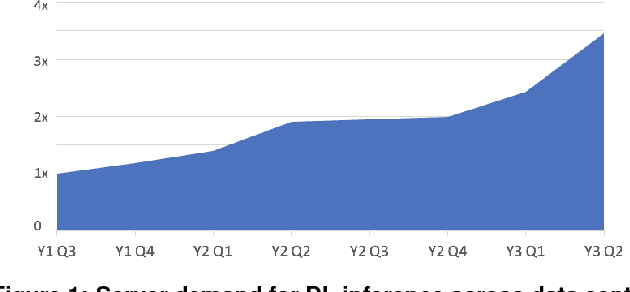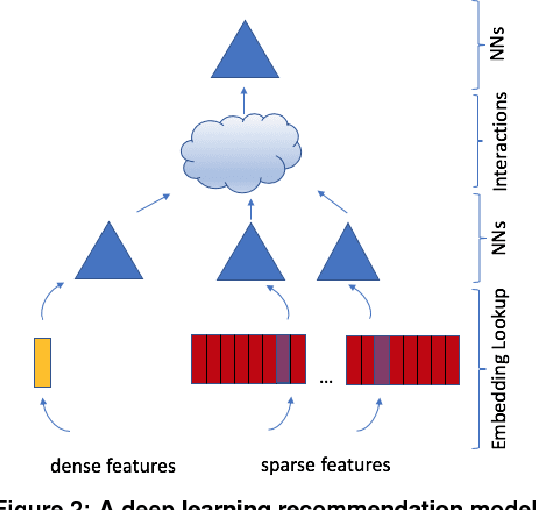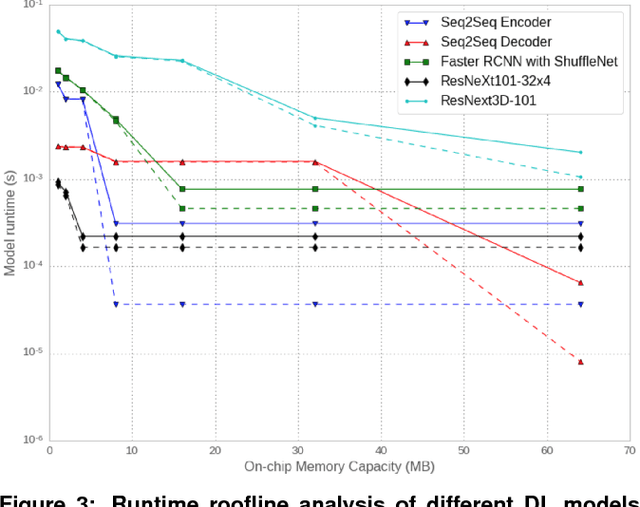Nadav Rotem
Profile Guided Optimization without Profiles: A Machine Learning Approach
Jan 04, 2022



Abstract:Profile guided optimization is an effective technique for improving the optimization ability of compilers based on dynamic behavior, but collecting profile data is expensive, cumbersome, and requires regular updating to remain fresh. We present a novel statistical approach to inferring branch probabilities that improves the performance of programs that are compiled without profile guided optimizations. We perform offline training using information that is collected from a large corpus of binaries that have branch probabilities information. The learned model is used by the compiler to predict the branch probabilities of regular uninstrumented programs, which the compiler can then use to inform optimization decisions. We integrate our technique directly in LLVM, supplementing the existing human-engineered compiler heuristics. We evaluate our technique on a suite of benchmarks, demonstrating some gains over compiling without profile information. In deployment, our technique requires no profiling runs and has negligible effect on compilation time.
Deep Learning Inference in Facebook Data Centers: Characterization, Performance Optimizations and Hardware Implications
Nov 29, 2018



Abstract:The application of deep learning techniques resulted in remarkable improvement of machine learning models. In this paper provides detailed characterizations of deep learning models used in many Facebook social network services. We present computational characteristics of our models, describe high performance optimizations targeting existing systems, point out their limitations and make suggestions for the future general-purpose/accelerated inference hardware. Also, we highlight the need for better co-design of algorithms, numerics and computing platforms to address the challenges of workloads often run in data centers.
 Add to Chrome
Add to Chrome Add to Firefox
Add to Firefox Add to Edge
Add to Edge